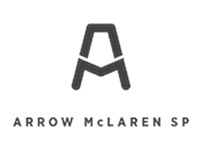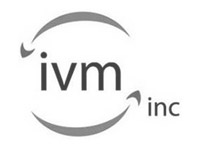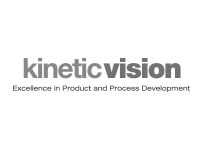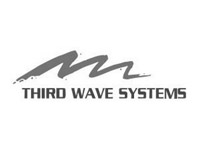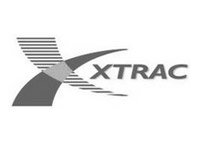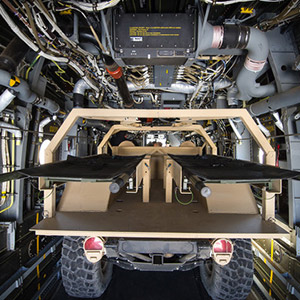Section 174
There was an important tax law change related to Section 174 Research Expenses that will impact tax returns for companies performing R&D. Effective for tax years beginning after December 31, 2021, research expenditures are no longer 100% deductible in the year they were incurred. Instead, taxpayers now must capitalize and amortize the expenditures ratably over 5 years (or 15 years for foreign research expenditures). This change does NOT impact the Sec. 41 R&D Credit, but it likely means you’ll need credits more now than ever.
Key Points of the new Sec. 174
- The loss of the research deduction will NOT impact the research credit calculation.
- The Sec. 174 research expenditures is not the same amount of qualified research expenses (QREs) used for your research credit. The Sec. 174 research expenditures is a broader number, including other research expenses besides wages, supplies and contract costs.
- This new law requires an accounting method change and a prepared statement to be attached to your tax return. It is a simplified process if made in Tax Year 2022.
- The amortization of research expenses and accounting method change is not optional if you incurred research expenditures. It is simply a compliance issue related to the law change effective for Tax Year 2022, and your tax return will need to reflect this change.
- Regardless of whether you choose to claim the research credit for 2022, if you incurred research expenditures, the calculation of Sec. 174 expenditures and the method change are still required.
- If you incurred software development costs, they will be treated the same as the research expenditures and a current deduction will not be allowed.
While the possibility exists that these changes could be repealed, currently these new requirements are a compliance requirement. For questions related to Section 174 or to confirm that your R&D is being maximized, click here to discuss with a Hull & Knarr expert.
Featured Projects

